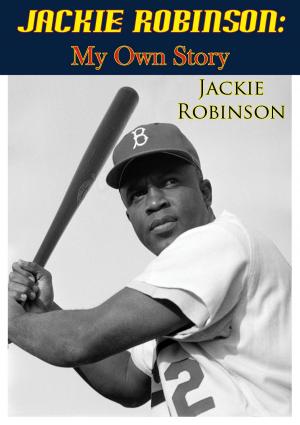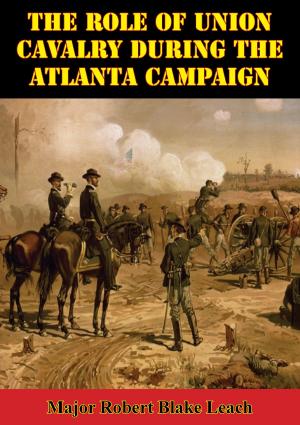The War Of The American Revolution: Narrative, Chronology, And Bibliography [Illustrated Edition]
Nonfiction, History, Military, Weapons, United States| Author: | Robert W. Coakley | ISBN: | 9781782896456 |
| Publisher: | Golden Springs Publishing | Publication: | August 15, 2014 |
| Imprint: | Golden Springs Publishing | Language: | English |
| Author: | Robert W. Coakley |
| ISBN: | 9781782896456 |
| Publisher: | Golden Springs Publishing |
| Publication: | August 15, 2014 |
| Imprint: | Golden Springs Publishing |
| Language: | English |
Includes over 20 maps and illustrations
The American Revolution, the Bicentennial of which we are celebrating in 1975 and 1976, was an event of utmost significance in the history of both this country and the world. It brought into being a nation, dedicated to the ideals of liberty and justice, that was destined to become, in less than two centuries, the leader of the western world. And it marked the beginning of vast changes that would sweep that western world in the century following, thrusting aside old monarchical institutions in favor of representative government and free economic institutions. Albeit fought on the battlefields much like other eighteenth century wars, it also carried within it the seeds of change in the military sphere that were to sprout and grow in the French Revolution less than two decades later. It was, in this sense, a war of transition between the epoch of limited wars fought by professional armies and people’s wars fought by the “nation in arms.”
Our first national army, the Continental Army, was created to fight the Revolution. As the forebear of the United States Army of today, the Continental Army established many of the traditions and practices still honored in our service. The War of the American Revolution was, until Vietnam at least, the Army’s longest war. It is altogether fitting and proper then that the United States Army should pay particular attention to the study of its origins during the bicentennial years and commemorate the events of the Revolution in which the Continental Army and its adjunct, the militia, participated.
The purpose of this small volume is to provide a ready reference for such study and observance. The American Revolution has been intensively studied and written about in the two hundred years that have elapsed since 1775. There is much good scholarship as well as popular writing, both old and new, covering all aspects of the conflict and the political and social changes that accompanied it.
Includes over 20 maps and illustrations
The American Revolution, the Bicentennial of which we are celebrating in 1975 and 1976, was an event of utmost significance in the history of both this country and the world. It brought into being a nation, dedicated to the ideals of liberty and justice, that was destined to become, in less than two centuries, the leader of the western world. And it marked the beginning of vast changes that would sweep that western world in the century following, thrusting aside old monarchical institutions in favor of representative government and free economic institutions. Albeit fought on the battlefields much like other eighteenth century wars, it also carried within it the seeds of change in the military sphere that were to sprout and grow in the French Revolution less than two decades later. It was, in this sense, a war of transition between the epoch of limited wars fought by professional armies and people’s wars fought by the “nation in arms.”
Our first national army, the Continental Army, was created to fight the Revolution. As the forebear of the United States Army of today, the Continental Army established many of the traditions and practices still honored in our service. The War of the American Revolution was, until Vietnam at least, the Army’s longest war. It is altogether fitting and proper then that the United States Army should pay particular attention to the study of its origins during the bicentennial years and commemorate the events of the Revolution in which the Continental Army and its adjunct, the militia, participated.
The purpose of this small volume is to provide a ready reference for such study and observance. The American Revolution has been intensively studied and written about in the two hundred years that have elapsed since 1775. There is much good scholarship as well as popular writing, both old and new, covering all aspects of the conflict and the political and social changes that accompanied it.
![Cover of the book The War Of The American Revolution: Narrative, Chronology, And Bibliography [Illustrated Edition] by Robert W. Coakley, Golden Springs Publishing](https://www.kuoky.com/images/2014/august/500x500/9781782896456-bGDt_500x.jpg)














